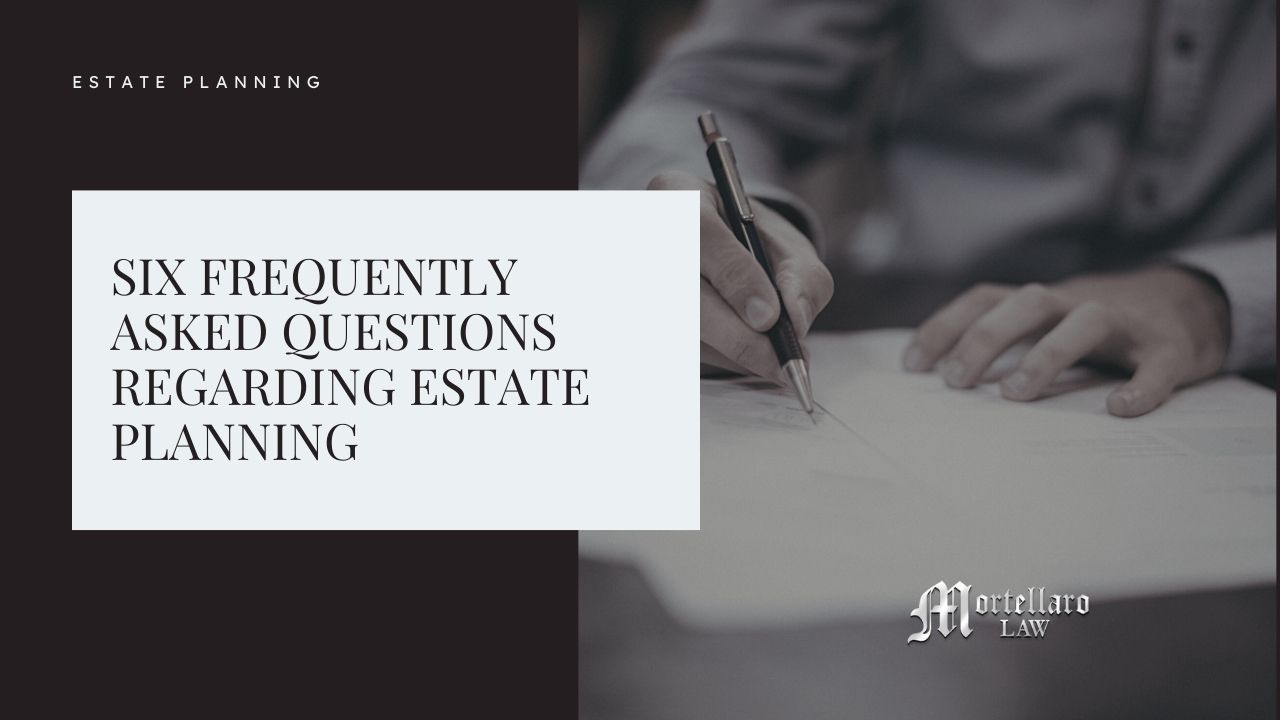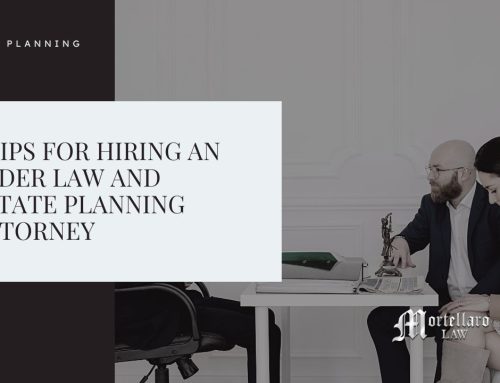Planning for one’s own death is a difficult responsibility but an important one. It’s difficult because we tend to avoid thinking of the day we won’t be around anymore, and also because it’s hard to consider all of the contingencies. Given that we don’t know when we will pass, nor what our financial situation and responsibilities will be at the time, it’s hard to determine today how to distribute those future assets and responsibilities.
It’s important to get estate planning advice from a reputable and experienced source, such as an attorney who is going to take your individual needs into consideration. It is also important to know what exactly you are paying for. Here are six of the most frequently asked questions regarding estate planning and how an attorney can help.
What Does an Estate Planning Attorney Do?
An estate planning attorney is experienced in considering the various factors that change in a person’s lifetime and can plan for contingencies that will affect your wishes as you age. Additionally, a good estate planning attorney will help you consider financial structures to provide for your beneficiaries and minimize the tax consequences of your distribution of assets. He or she can also help you designate decision-making responsibilities in case you are ever incapacitated.
What is the Difference Between a Will and Estate Planning?
A will is just one aspect of an estate plan. Of course, it’s an important one. A will is a legal document that describes how a person wishes to distribute their assets when they die. It also defines responsibilities such as who will provide guardianship for any minor children. It may include specifications such as whether any money going to your children will be conditional upon them reaching a certain age, or who will control that money on their behalf. You might include directions for your funeral wishes in your will and stipulate the funds to be used for it.
Estate planning includes establishing a will as well as additional documents to account for certain circumstances while you are alive. An estate plan includes powers of attorney, which are documents determining who will make decisions on your behalf in case you are incapacitated. A “durable power of attorney” determines who will make financial decisions for you, and a “healthcare power of attorney” determines who will make healthcare decisions for you. An “advance directive” is another document in an estate plan, which stipulates your wishes about life-prolonging treatment at a time when you may be unable to make your wishes known.
An estate plan may also include a “living trust,” which is a vehicle allowing one person’s assets to be “owned” separately (outside of personal assets) and which will go towards the benefit of another person. Having a living trust allows a person (the grantor) to transfer assets outside of the estate, or outside of the probate process.
What is the Difference Between a Probate Lawyer and an Estate Planning Lawyer?
An estate planning lawyer works with an individual to set up a will, powers of attorney, and any trusts which will provide for the administration of the individual’s estate. The estate planning lawyer will often also be the probate lawyer who will oversee and manage the administration of a decedent’s estate and assist in effectuating the process as outlined in the will.
A probate lawyer may advise the estate executors or administrators. If the decedent died without a will, the probate lawyer will advise on the relevant state intestate laws to determine how to distribute the assets. The probate lawyer may advise on other issues relating to the administration of the estate, such as handling the decedent’s debts, managing the estate’s finances, getting estate property appraised, and determining whether the estate must pay any taxes.
At What Age Should I Start Estate Planning?
Many people think a will is for older people, or for people with a ton of assets. That is simply not true. Anyone over the age of 18 should start estate planning, although it does get more complicated with age, increased assets, and dependents.
A young adult with no wealth may just want to outline a few basics about who should make decisions for them in case they become incapacitated. These are powers of attorney. The young adult may also want an advance directive, instructions on life-prolonging treatment.
As someone’s assets grow, they should determine who will get those assets. Of course, once children enter the scene, an individual has a strong responsibility to ensure their children have financial means in case of their passing. In short, every adult should start estate planning. It’s never too early.
Can I Just Write a Will Myself?
Of course, you can try to write your own will, but without proper experience and the benefit of a lawyer, you risk several major mistakes that can subject everyone involved with administering your estate to a very difficult and lengthy process, not to mention that your wishes may not be carried out.
If you write a will yourself, you risk (1) not properly validating it (2) not considering all finances, assets, and contingencies (3) not considering the legal ramifications of various provisions (4) subjecting your estate to unnecessary taxes, and (5) leaving your administrator and beneficiaries with unclear directives. If certain aspects of the will are not properly done (such as the execution), you risk that your estate is treated as if you had died without a will, meaning the estate administration will take much longer than if you had a properly drafted and properly executed will.
For these reasons, we do not recommend writing a will without consulting a qualified estate planning attorney.
How Much Does an Estate Planner Cost?
Hiring some to create your estate plan can vary in cost depending on the complexity of your situation and the quality of the advice you get. You will want to hire an attorney with experience in estate drafting and financial structures. A good estate planning lawyer can advise you on the long-term accumulation of your wealth, the best investment structures for your circumstances, and how to minimize taxes along the way.
If you want an estimate of the cost of estate planning for your particular circumstances, contact us to schedule a free consultation to speak with an experienced estate planning attorney.






